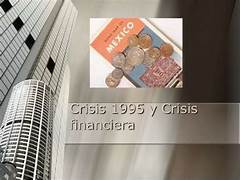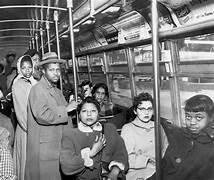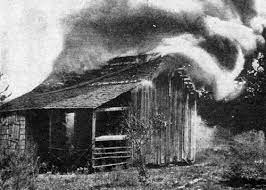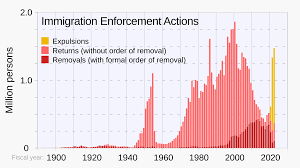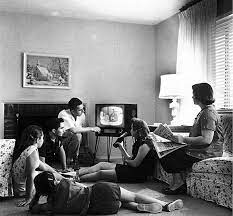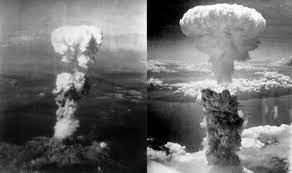The year 1995 was marked by a significant budget crisis in the United States. This fiscal turmoil resulted from a protracted political standoff between President Bill Clinton, a Democrat, and the Republican-controlled Congress. The budget crisis of 1995 had far-reaching consequences for the nation, impacting government operations, financial markets, and the overall economy.
At the heart of the 1995 budget crisis was the clash of ideologies between President Clinton and the Republican Party, which had gained control of both the House of Representatives and the Senate in the 1994 midterm elections. The Republicans, led by House Speaker Newt Gingrich, pursued a conservative fiscal agenda aimed at reducing government spending and cutting taxes. They were determined to enact their Contract with America, a set of policy proposals they had campaigned on.
President Clinton, on the other hand, had a more centrist approach to governance. He sought to protect social programs and invest in education, healthcare, and other domestic priorities. The clash between the President's goals and the Republicans' commitment to fiscal restraint led to a protracted budgetary impasse.
The budget crisis had profound consequences for the federal government. It resulted in two government shutdowns, one in November 1995 and another in December 1995 to January 1996. During these shutdowns, non-essential government services were suspended, federal employees were furloughed, and national parks and museums were closed. These disruptions had a tangible impact on the daily lives of many Americans and raised questions about the ability of the government to function effectively.
The financial markets were also affected by the budget crisis. The uncertainty created by the standoff led to increased market volatility, with stocks experiencing significant fluctuations. Investors and businesses were uncertain about the economic outlook, which had a chilling effect on investment and economic growth. Additionally, the credit rating agency Standard & Poor's downgraded the United States' credit rating, citing concerns about the government's ability to manage its finances.
The 1995 budget crisis had broader economic repercussions. It contributed to a slowdown in economic growth, and some economists argue that it may have hindered the nation's recovery from the early-1990s recession. The inability of the government to agree on a budget undermined confidence in the stability of the U.S. economy.
The crisis finally came to an end when President Clinton and congressional leaders reached a compromise in early 1996. The compromise included reductions in government spending, particularly in entitlement programs like Medicare, and tax cuts. While it did not fully satisfy either side, it allowed the government to reopen and begin the process of repairing the damage caused by the shutdowns and the uncertainty surrounding the budget.
The 1995 budget crisis left a lasting impact on American politics and fiscal policy. It highlighted the challenges of divided government and the need for compromise in the budgetary process. The standoff also contributed to a public perception of dysfunction in Washington, which has persisted to some extent in subsequent years. It served as a precursor to future budget battles and debates over government spending, taxes, and entitlement programs that would continue to shape U.S. politics in the years to come.
